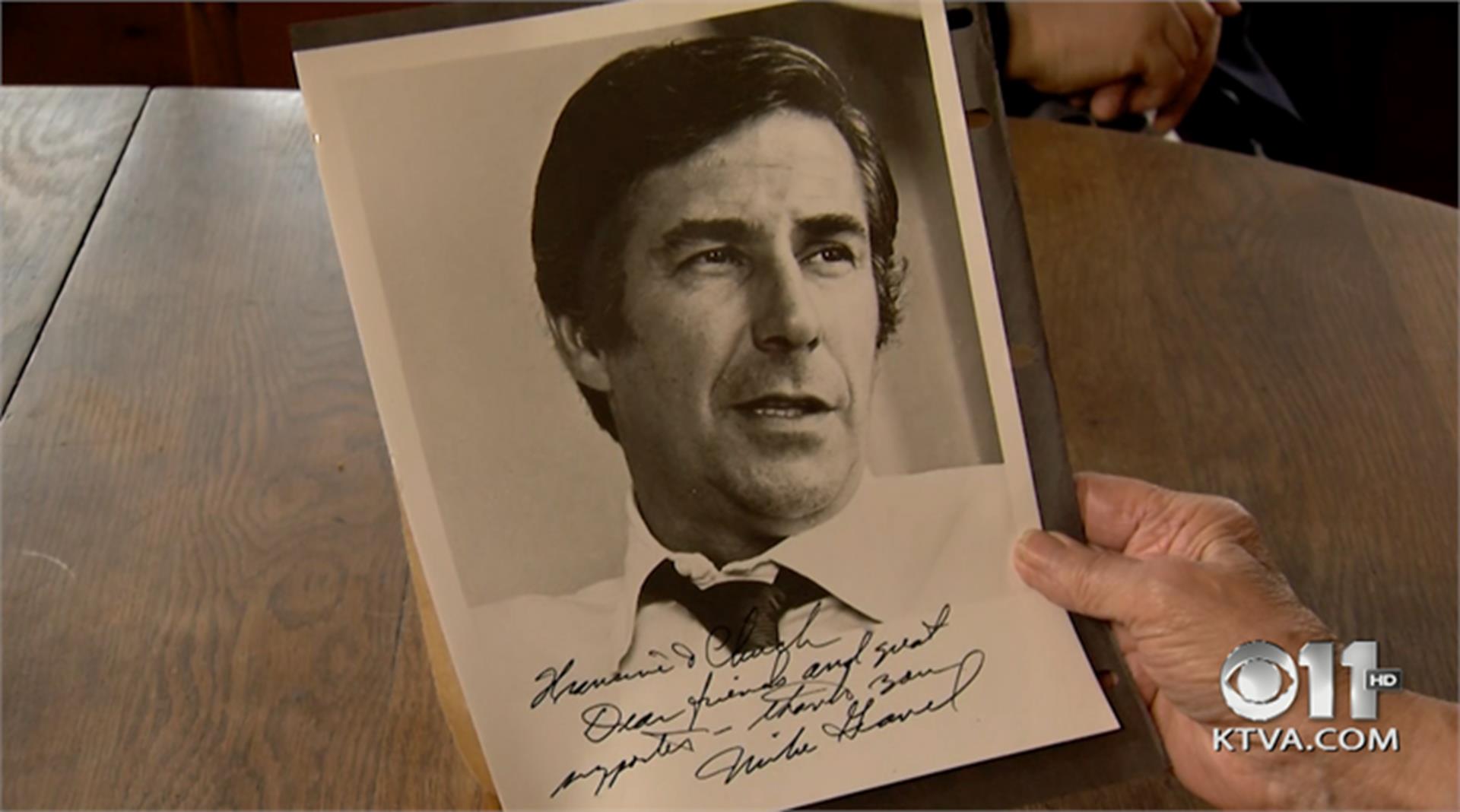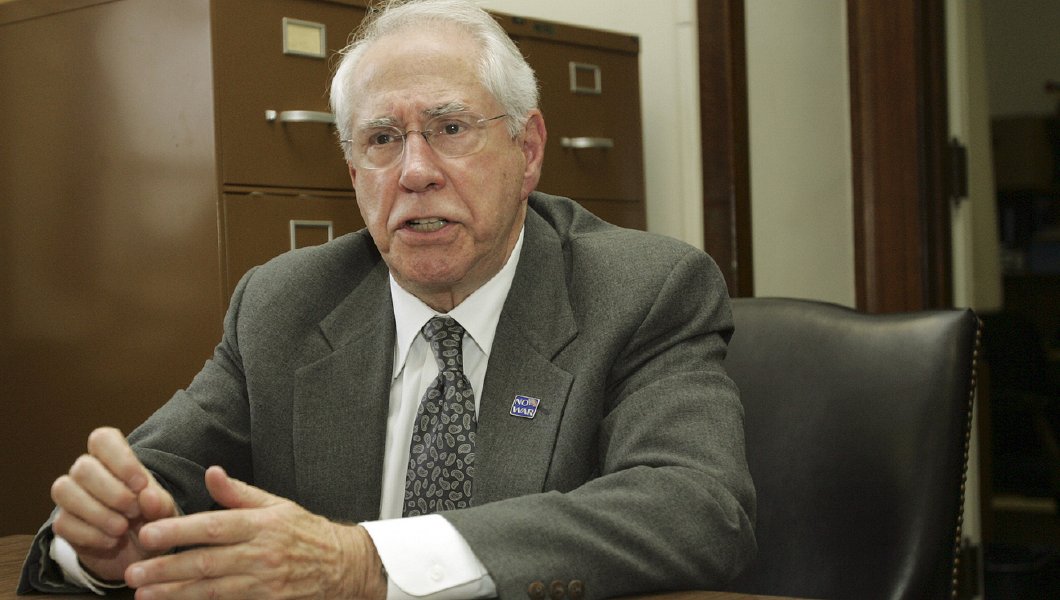October 14th, 2009 by Robert Cottone
Until quite recently I did not believe that the “grand bargain” of President Lee Myung-bak was a viable negotiating option to persuade Pyongyang to denuclearize. Perhaps I was biased by the excess of his many grand gestures, particularly when upon ascendency to office President Lee abruptly terminated the 10-year Sunshine policy toward the people of North Korea. The Sunshine Policy had not altered the nature of “dear leader” Kim Jong-il’s rule of the DPRK, but it did provide an avenue for human relationships and kept the hope of unification alive.
The fifty-year stalemate on the Korean Peninsula calls for a new and different approach—something never tried before. Incremental approaches have worn themselves out. Lee Myung-bak is a big thinker and is not afraid of failure or ridicule in pursuing large visions. He may not always be right but when he is, great projects are realized. His “grand bargain” with North Korea may be an outsized vision for many to grasp; but were it to succeed it not only would bring peace to the Korean Peninsula, it would accelerate East Asia on a course of closer economic integration similar to that of the European community. A grandiose vision also called for by President Lee.
A “grand bargain,” as I understand it, includes (or should include):
- a peace treaty finally ending the Korean War of 1950-1953;
- the mutual diplomatic recognition by all participants in the Korean War;
- the removal of all sanctions against the DPRK and any of its citizens imposed by the United States (and countries induced by the US to sanction the DPRK), and imposed by the ROK and the United Nations;
- the removal of all foreign troops and a treaty agreement against their reentry on both the Korean Peninsula and in Japan;
- the removal of all nuclear weapons, weapons-grade uranium and plutonium, and the facilities to make such weapons and materials from the Korean Peninsula, and a treaty commitment by the DPRK and the ROK to prohibit its citizens from engaging in nuclear activities in other countries that could lead to the proliferation of nuclear weapons;
- a Mutual Security Treaty under the auspices of the United Nations where the primary signators (South Korea, North Korea, Japan, China, Russia, and the United States) would guarantee the security, from invasion or subversion of the two nation states that occupy the Korean Peninsula.
President Lee may have more or less the same elements of a “bargain,” but for sure the underlying theme of his “grand bargain” must be that the future of the Korean Peninsula rests primarily with the Korean people themselves–North and South–to work out their economic, cultural, and political differences in a secure, peaceful environment free of foreign meddling.
Thoughtful scholars publicly, and diplomats privately, the world over have characterized Lee Myung-bak “grand bargain” as naïve. It’s about as naïve as President Ronald Reagan’s burst of sanity at Reykjavik when he was out of reach of his diplomatic handlers in a private room with President Mikhail Gorbachev. How I wish national leaders were so “naïve” and demonstrated such visionary leadership and faith in their people.
After the April 5th North Korean space satellite launch, an inexperienced President Obama sought UN sanctions for an action that is legal for any nation to undertake. In fact, a short time later, South Korea launched a similar satellite prompting Kim Jong-il to inquire when the UN would sanction South Korea. The same foreign policy experts, who so poorly advised President Obama to seek sanctions at the UN against North Korea, are now undermining the “grand bargain” at the White House. Little wonder Pyongyang wants one-on-one negotiations with Washington, since they have seen little thus far from the Obama Administration to challenge Kim Jong-il negotiating skills.
President Obama can regain his footing in East Asia by aggressively backing Lee Myung-bak’s “grand bargain” and by making the only geopolitical move that could prove the sincerity of the key point of the bargain—the security guarantee to North Korea. The only proof that could possibly overcome Pyongyang’s paranoia to accept the “bargain” would be the unilateral withdrawal of all US forces from the Korean Peninsula–before the bargain is entered into. These forces are merely a legacy of the Korean War and do not relate to the real defense of South Korea. Militarily US forces are but a “trip wire.” No sane person contemplates refighting a 1950 style Korean War, with boots-on-the-ground up and down the peninsula, resulting in the devastation of one of the World’s 21st Century’s economic jewels.
The real defense of South Korea, and for that matter Japan, lies deep in Pacific waters with the awesome destructive power hardly spoken of at polite diplomatic receptions: the more than 100 missiles per Trident submarine on picket duty in East Asia. Only a few of these missiles could obliterate all of North Korea. Any nation initiating war in East Asia is essentially committing suicide because the military leadership of all stakeholders in East Asia and the world are well aware of the Trident capability.
In 1970-71 Republican President Richard Nixon unilaterally withdrew 20,000 of 60,000 troops in South Korea as part of his Detent Policy with the Soviet Union at the height of the Cold War. Credibility would dictate that any 21st Century “grand bargain” would have to include the withdrawal of American forces from the Korean Peninsula and Japan. Any substantial US Army presence in East Asia would be viewed as a security threat to the DPRK so long as American presidents, members of Congress, diplomats, and generals keep up the drumbeat of provocative and threatening statements about North Korea and its leaders.
I support President Lee’s vision and would only respectful suggest that he forego the implied threat in his use of the “this is your last chance” argument. It demeans his vision and resembles the pressure of a used-car salesman. The “grand bargain” is an opportunity–not a last chance. The more benefits the “bargain” offers to stakeholders the greater the likelihood the bargain will be struck.
Congratulations, President Lee, for securing the backing of Prime Minister Yukio Hatoyama of Japan and Premier Wen Jiabao of China for your “grand bargain.” Their support is vital to your undertaking. I hope they will join you in pressing President Obama to join in your collective efforts to not just meet and negotiate but to persuade Kim Jong-Il to accept your “grand bargain.”
I seriously doubt that without some unusual demonstration of commitment to the security of the DPKR, “grand bargain” negotiations will last longer than Lee Myung-bak has time remaining in office. That unusual demonstration can only come from the United States. President Obama can earn his Nobel Prize even before it is awarded later this year by calling for the unilateral withdrawal of all US forces from South Korea as prelude to the beginning of “grand bargain” negotiations and thereby demonstrate irrevocably the commitment of all parties to the security of North Korea. Such a demonstration just might push the “grand bargain” to become a reality.
Mike Gravel US Senate 1969-1981
Seoul, South Korea
October 13, 2009
____________________________






Leave A Comment